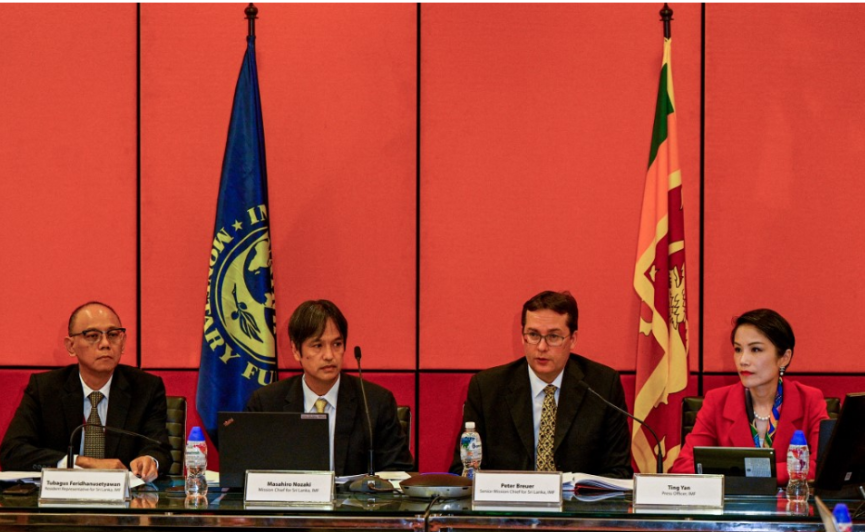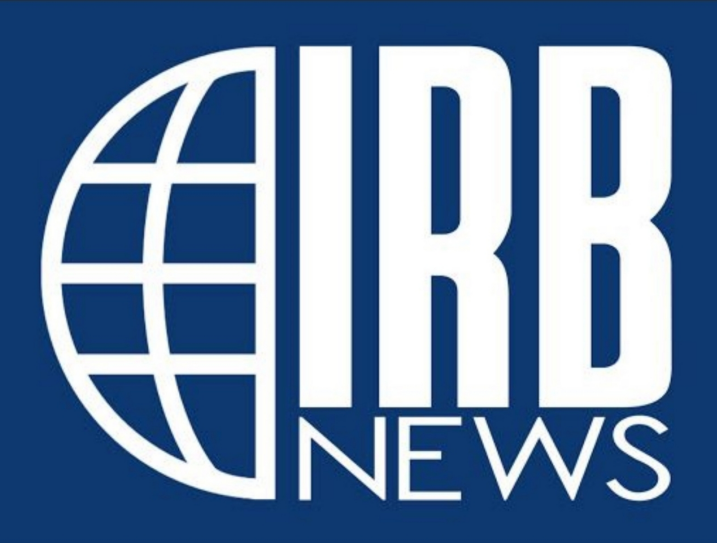The Fallout of Sri Lanka: Human Right Abuses and International Response
DFA
Economy crisis in Sri Lanka under Gotabaya’s policy
The ongoing crisis in Sri Lanka was caused by various reasons, ranging from political issues to economic matters. It started with the collapsing economy in the country from January until June 2022, inflation was estimated to rise to 54.6% (Perera, 2022). People struggle to access proper medication and fuel, further hindering the people’s daily activities as the government urges them to stay at home to preserve supplies. Since April, people have conducted a protest regarding the collapsing situation in the country but eventually met with disappointment. President Gotabaya Rajapaksa, the President of Sri Lanka at the moment, eventually fled the country and resigned from his job. This action has led the country into further chaos as the protest occurred and dissatisfaction continues to grow with President Ranil Wickremesinghe (Perera, 2022; Wong. 2022).
Human right abuse towards protesters in Sri Lanka
The crisis that occurred in Sri Lanka became the trigger for protests against the government carried out by civilians. President Ranil Wickremesinghe, as a replacement for former President Gotabaya Rajapaksa, after a day in office, assigned security forces to disperse demonstrators forcibly. The security forces attacked the demonstrators, who at that time were demonstrating peacefully, they also attacked protesters in the center of Colombo. These attacks left more than 50 people injured and detained civilians arbitrarily. Meenakshi Ganguly, the South Asia director at Human Rights Watch, said that the decision to give the command to the security forces was an implied message from the government that the new government intends to act through violence rather than the rule of law. The UN human rights report says Sri Lanka should immediately reverse its movement towards militarization to promote human rights and reconciliation. These changes are urgently needed to avoid repeating past human rights violations (Al Jazeera, 2022; Sri Lanka: Security Forces Assault Peaceful Protesters, 2022).
Responses from International Organizations

The economic crisis in Sri Lanka has drawn varying responses from international organizations. Criticisms come from the UN High Commissioner for Human Rights (OHCHR), which urged the responsibility from Sri Lanka to end all the violent clashes during the protests. It is also said in the OHCHR report that the UN wanted the new administration of Sri Lanka to commence a national dialogue to achieve reconciliation and prevent the recurrence of such violations (Al Jazeera, 2022). Apart from the criticisms against Sri Lanka’s actions, the International Monetary Fund (IMF) set to provide a loan of 2.9 billion dollars over four years to help restore Sri Lanka’s economic stability (Markotoff, 2022). The loan will be made under the IMF’s Extended Fund Facility (EFF), which is generally suggested for longer-term borrowing. This will help Sri Lanka to deal with the balance of payments or cash flow problems.
UNHRC backlash on the use of emergency measures by Sri Lanka
President Gotabaya Rajapaksa resigned and left Sri Lanka after months of mass protests in the capital Colombo on 15 July 2022. His successor was elected President Ranil Wickremesinghe, who responded to the mass protests by declaring another state of emergency on 17 July 2022, vowing to take a hard line against “troublemakers.” The decision was followed by Sri Lanka’s parliamentary ratification on 27 July 2022, which extended the current state of emergency for another month, imposed a curfew, and granted broad and free powers to the security forces and the military. Such powers allow them to detain protesters and search private property without judicial oversight. Considering Sri Lanka’s long-standing abuse of emergency powers, documented by United Nations human rights experts over the years, experts raise particular concerns about the impact of those powers on the exercise of various human rights and reports targeting vulnerable groups and minorities under this emergency. They also highlighted that the procedural requirements for using emergency powers under international law were not met.
Conclusion
Sri Lanka’s unfortunate events happen not only because of the decline of economic affairs within the internal and external matters but also because of the corruption within the government. The downfall of Sri Lanka was a crucial lesson for all countries in the world because it shows what could possibly happen if the government failed its people and was unable to cope with the economic crises in global governance. In the end, we could only hope Sri Lanka could recover and improve from its situation with the help of the international community’s assistance in various aspects of the state.
Author: Tim Politics IRB News
Editor: Dustin Rashidi Hasan, Hafsyah Azzahra, Jennifer Clara Aprilia & Viranty Yulia Putri
References
Al Jazeera. (2022, September 6). Sri Lanka must ‘reverse the drift towards militarisation’: UN. Politics News | Al Jazeera. Retrieved September 20, 2022, from https://www.aljazeera.com/news/2022/9/6/reverse-the-drift-towards-militarisation-un-urges-sri-lanka
Makortoff, K. (2022, September 1). IMF offers Sri Lanka provisional $2.9bn loan to tackle debt crisis. The Guardian. Retrieved September 20, 2022, from https://www.theguardian.com/world/2022/sep/01/imf-offers-sri-lanka-provisional-29bn-loan-tackle-debt-crisis
Perera, A. (2022, July 14). Sri Lanka: Why is the country in an economic crisis? BBC News. Retrieved September 21, 2022, from https://www.bbc.com/news/world-61028138
Sri Lanka: Security Forces Assault Peaceful Protesters. (2022, July 22). Human Rights Watch. Retrieved September 20, 2022, from https://www.hrw.org/news/2022/07/22/sri-lanka-security-forces-assault-peaceful-protesters
Wong, T. (2022, July 13). Sri Lanka: How a dramatic day unfolded at the PM’s office. BBC News. Retrieved September 21, 2022, from https://www.bbc.com/news/world-asia-62154311
Sri Lanka: UN Human Rights Experts Condemn repeated use of emergency measures to crackdown on protests. OHCHR. (2022, August 8). Retrieved September 21, 2022, fromhttps://www.ohchr.org/en/press-releases/2022/08/sri-lanka-un-human-rights-experts-condemn-repeated-use-emergency-measures


